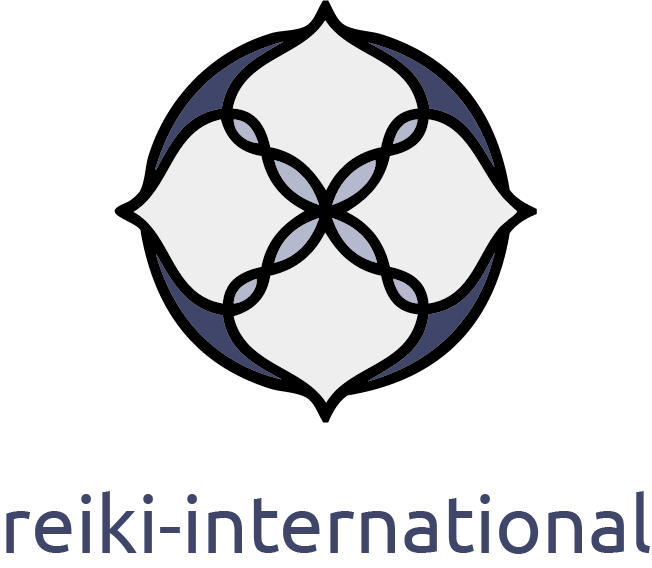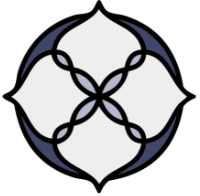At regular intervals I take up the cudgels for mainstream medicine. This doctor writes with selflessness and is an example of how much more thoughtful and attentive some doctors are than the layperson gives credit to this profession.
Of course there are others … the call for evidence-based medicine in our society is loud. Not least because of the consumer … more precisely the patient, in other words because of us, dear readers. It is the marketplace which dictates efficiency and cost reduction and thus underpays nursing staff and demotivates the better-earning medical profession with poor working conditions. Doing so we are creating a breeding ground for full automation and bureaucracy. Paradoxically, I would like to add, because this development obstructs the unfolding of complementary medicine which is cheaper and more humane for everyone involved. I am getting off the subject. Excuse me.
I just wanted to confirm that the type of doctors also exist that is introduced with the word ‘but’ when I talk about positive experiences in dealing with orthodox medicine. The following story is remarkable for various reasons. Not least because it came from a doctor whom we did not know and whose Email we received unsolicited. He took the time to share a touching experience. Just like that.
Thea, the patient
Thea called himself by another name, but he’s still accurate. Mischa and I received this email:
“I was the family doctor of Thea, who died peacefully this morning in the nursing home.
She was the only patient of mine who, like me, was initiated to Reiki, I have the second degree. This is rare in a village in the countryside.
Thea was 88 years old and I just wanted to tell you that she gave herself a Reiki self-treatment every day, but essentially restricted herself to the head and neck upper chest area.
Thea ….. the name says she is a present from God, gifted, healer. Her grandmother was a wart-healer and was also able to perform other small healings. But she told Thea when she was little that she should not treat anyone outside the family because her powers were too weak compared to herself.
Yesterday evening I sat alone at her bed for 2 hours and I thought of many things, including those who initiated Thea into the first degree more than 15 years ago in Bremen. She always spoke of you with the greatest respect. With Reiki she could partly help herself, her grandchildren and other family members, but she did not treat people outside following her grandmother’s advice. At the age of almost 80 she attended our Reiki meeting a few times, where I myself was initiated in 2002. I got to know Reiki already in 1993 when the patient of a colleague in our psychiatric center wanted to be brought by her relatives to a Reiki master. As you can imagine, we were very suspicious at the time.
Self-treated,
into old age!
I digressed. I simply thought to myself that it would be of interest to you as a teacher that there was someone who treated himself very disciplined until old age, every day”.
The German doctor
Funnily enough, we often hear in Germany that a lot is different and better here in Switzerland than with the doctors in Germany. That’s funny because most of the doctors in Switzerland are Germans. The doctor in our story is German in Germany and 57 years old.
In the correspondence that ensued, he told how he himself came to Reiki and about the needs and fears of a doctor. Here are excerpts of his statements:
“In 1982 I worked 6 months as an intern on an inner ward. At that time I was often confronted with chronic suffering. Death was ignored at that time, there were no accompanying conversations for me. Only the night nurse had half an hour occasionally to sit down at the bed. On the second day of my internship a woman was autopsied who I had washed on the first day. One of the students becoming a nurse dragged me along, he wanted to dissuade me from becoming a doctor. I didn’t want to expose myself, although it’s the most brutal contrast possible when you see someone whom you’ve touched all over, being slit open. What is a human body worth, how do you deal with it? That was a long time ago, but it kept me occupied and eventually Kübler-Ross was able to influence my thinking because she became a human doctor. I didn’t register the spiritual aspect with her until later.”
“The doctor in the hospital is often afraid of aggression, i.e. of being reported because of mistakes or undesirable developments. Therefore, the patient is not entrusted with much and often little is said during the diagnostic process. The person sits or lies there and is at the mercy of his fears, which he suppresses as far as he can.”
“I studied at the University of Ulm and there Thure von Uexküll had just retired and there were still a few sparks of real psychosomatic, patient-centered work in the air. It didn’t last long. He left a green book. The core is the mindful encounter. But that’s difficult to integrate into everyday hospital life.”
“Today my Reiki certificate of the first degree hangs in my doctor’s office. No one ever asks for it. But if I did, I would say that I can treat with my hands in a touching way. In the end, I do it far too rarely. Good, but being able to write this gives me new ideas.”
Emapthy
When I imagine, and I am convinced of this, that the vast majority of doctors have chosen their profession out of the conviction that they first and foremost want to help people, and see from such stories how difficult it is for them, how difficult we often make it for doctors, then … I hope that things are similar for you and that a perspective opens up which primarily arouses compassion, not only for the doctors but for all those who often serve so devotedly in the health service.
René Vögtli
Translation aided by DeepL.com/Translator


